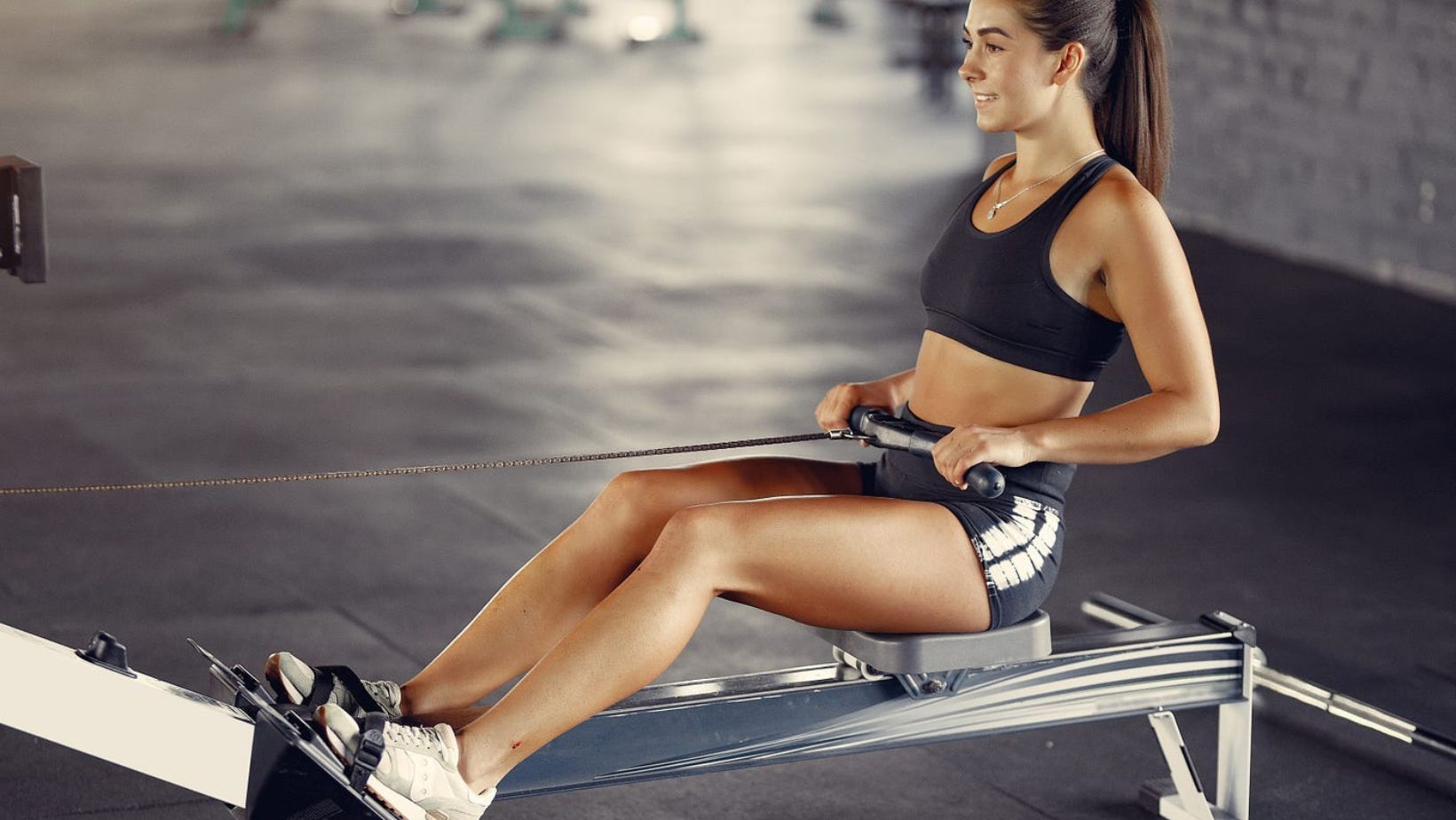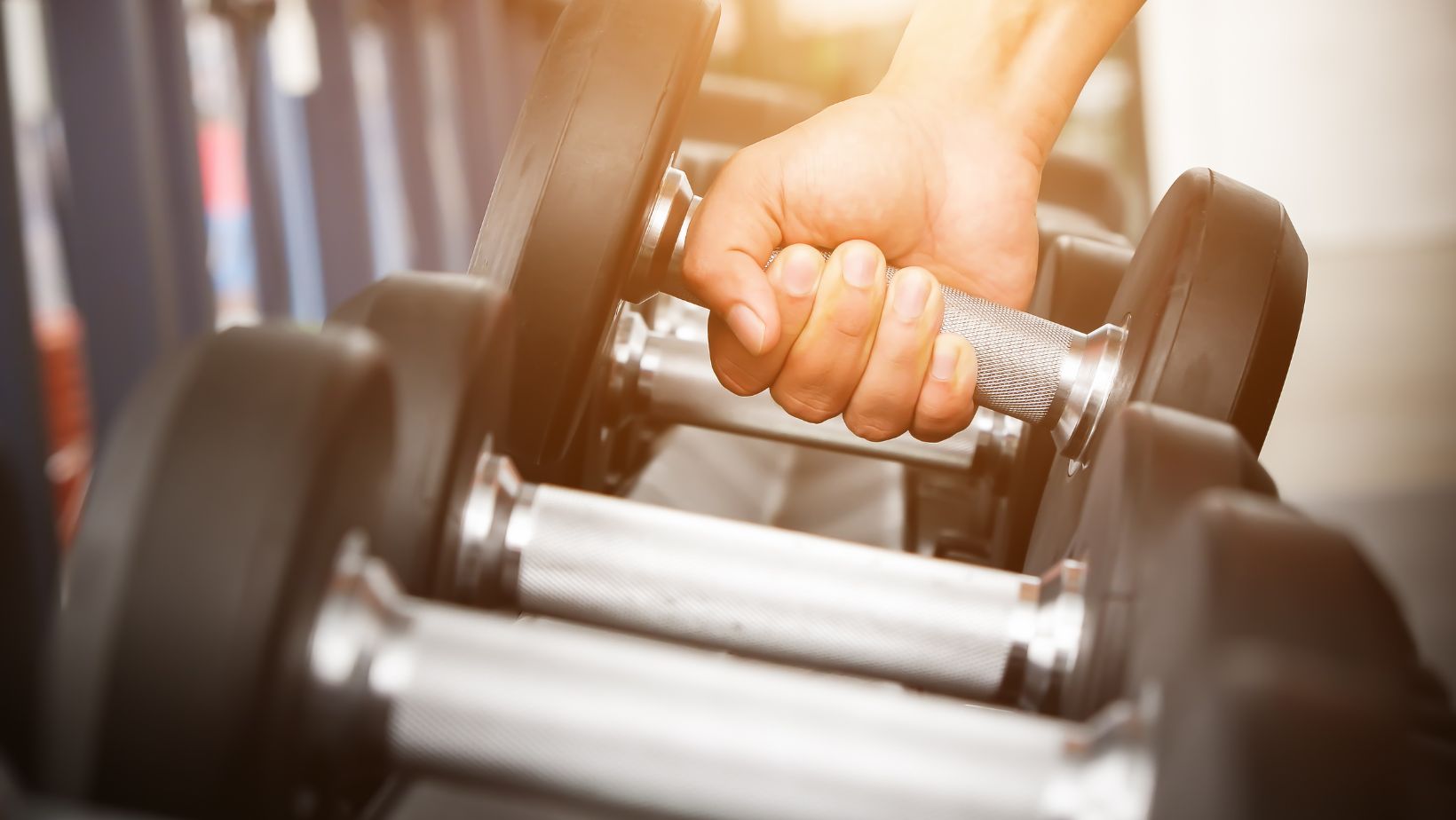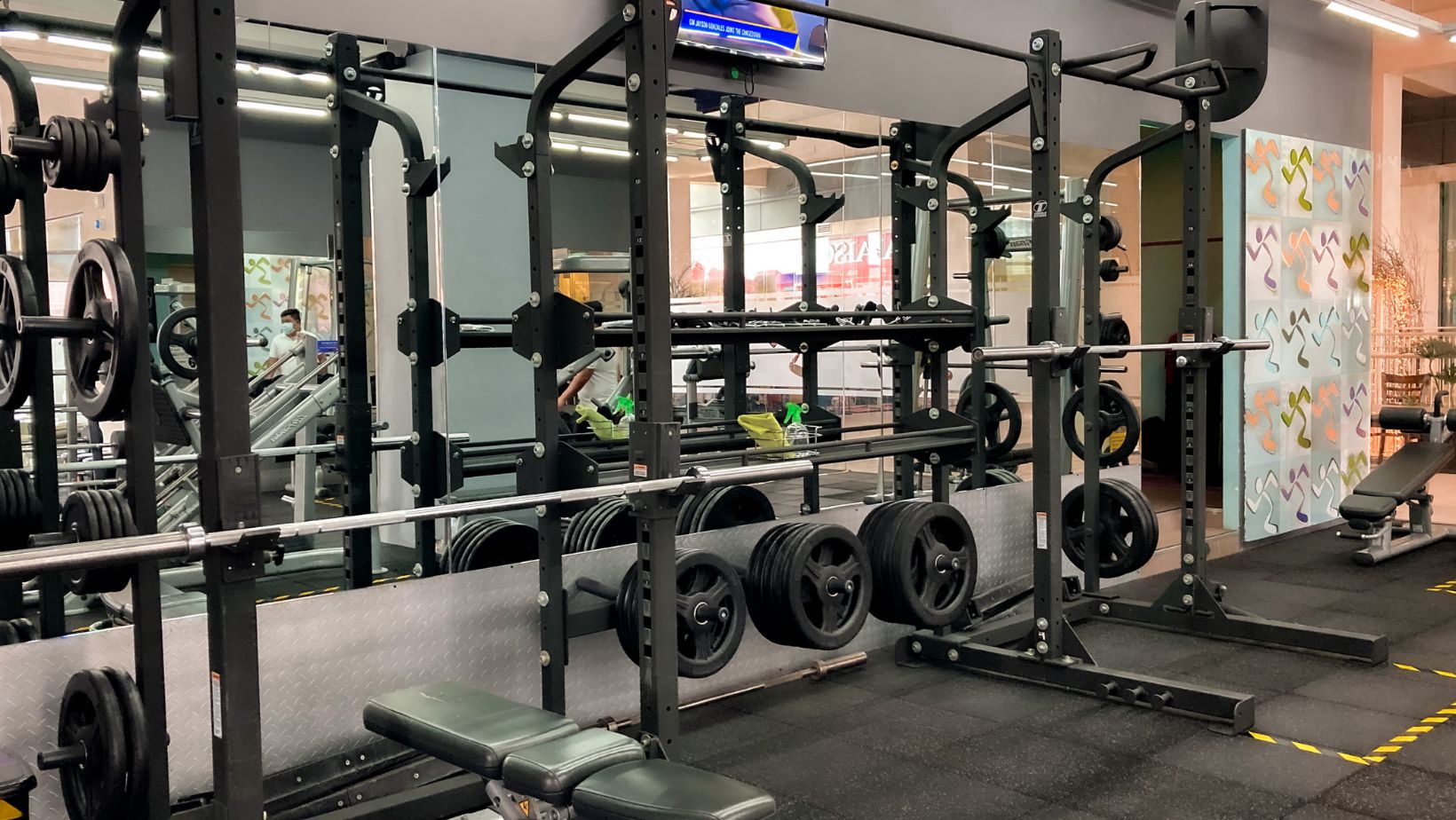Two years ago, I wrote a blog post titled “Cedric Maxwell Said Pee-Wee Basketball Failure Set Him up for a Big Game 7 Against the ‘Los Angeles Fakers’ in 1984 NBA Finals” on a blog called “lotsofpower”. The post recounted the story of Cedric Maxwell, who was cut from his first American Basketball Association team after only one game because of poor play. Maxwell went on to become an outstanding NBA player, but he said that one game where he failed to play inspired him to turn his life around after that, and that his failure to play in that game was the first step that led to achieving all his goals.
Cedric Maxwell was only 5’7″ when he came into the NBA out of small school Washington University. He had also never played organized basketball before coming to the pros. However, Maxwell’s style of play was so effective that he was named Rookie of the Year, despite playing in only 35 games. Maxwell was a fan favorite in Los Angeles, known to be a quiet man with a big heart. He would go on to become a two-time NBA champion, three-time NBA All-Star, the league’s all-time leading scorer, and the league’s scoring champion.
Pee-Wee basketball is a very obscure sport, to say the least. But, as anyone who has watched the 1988 classic, “Pee-Wee’s Big Adventure” knows, it’s a pretty epic tale of a man getting a second chance. In the movie, Pee-Wee teams up with a small Japanese girl named Reebo to stop a Japanese-American man named Monster Mako from taking over the world. In real life, this man’s name is Cedric Maxwell.
Many Celtics fans remember Game 7 of the 1984 NBA Finals, when Celtics player Cedric Maxwell urged his teammates to “Get on my back, guys.” Maxwell led the Celtics to victory in a winner-take-all game against the Los Angeles Lakers, scoring 24 points in a 111-102 triumph. Cornbread, as he’s known, claimed he got his fearless attitude after losing in pee-wee basketball. He was confident going up against those “Los Angeles Fakers” because of his childhood failure.

 Cedric Maxwell of the Boston Celtics in action against the Atlanta Hawks at the Omni Coliseum in Atlanta, Georgia, during an NBA basketball game in 1984. Maxwell was a member of the Celtics from 1977 until 1985. | Getty Images/Focus on Sport
Cedric Maxwell of the Boston Celtics in action against the Atlanta Hawks at the Omni Coliseum in Atlanta, Georgia, during an NBA basketball game in 1984. Maxwell was a member of the Celtics from 1977 until 1985. | Getty Images/Focus on Sport
The plot seems to be interesting. It’s possible that it’s not correct. In the 1984 NBA Finals, Maxwell, who was voted MVP of the 1981 NBA Finals, was optimistic going into Game 7 against the Lakers. He was familiar with the area. He knew he could rely on his teammates.
Basketball fans connect Maxwell and the Game 7 with the remark, “Get on my back, guys.” He claimed the narrative was a fiction, no matter how good it was.
In 2008, Maxwell told The Boston Herald, “You may say ‘get on my back,’ but what I really said was an X-rated version.” “The ‘climb on my back, guys’ portion didn’t quite go as planned. It was a legend.
“Everyone was talking about it at the time, but all I cared about was coming out and playing a fantastic game. I had previously been named MVP of the playoffs. In order for us to be successful, I felt like I needed to have a huge game against James Worthy.”
Table of Contents
ToggleCedric Maxwell attributed his self-assurance to his failures in basketball as a youngster.
“Well, guys, it’ll set you back $45,000.” I’m in need of a vehicle, a vacation, and a boat.”
In the 1984 Finals, Tommy relayed Cedric Maxwell’s additional incentive. pic.twitter.com/QQdWWwDoJZ
Chris Forsberg (@ChrisForsberg_) (@ChrisForsberg_) (@ChrisForsberg_) (@Chris 22nd of April, 2020
Maxwell had two reasons to be confident in himself heading into Game 7 of the championship series. He’d been there before, for starters. Nobody else on the Celtics had ever won a championship. Second, as a youngster, he struggled in a pee-wee basketball game. He claimed that failure had turned him around.
In a video released by the Boston Celtics last year, Maxwell remarked to Brian Scalabrine, “I remember failing when I was in pee-wee basketball.” “I went to an all-star game and didn’t play very well. From then on, I made it a mental goal to instill enough dread in my body that I would react positively.
“Failure was probably the most motivating factor for me to be who I was in these huge games. It was something I did in high school. It was something I did in college. And I was going to do it professionally. You want to tell me I have to play against the Los Angeles Fakers in the seventh game after winning the Finals MVP in 1981? You don’t believe I’m prepared to play? Really?”
When it mattered most, Maxwell stayed composed and produced one of his best performances.
https://www.youtube.com/watch?v=gU40 pTtBLM
Maxwell carried the Celtics in Game 7 whether he said it or not. Max was the starting power forward at the time, with Kevin McHale coming off the bench for the Celtics.
In that Game 7, he played more minutes (43) than anyone else on the Celtics and led the club with 24 points. He also had eight points and eight rebounds in Boston’s 111-102 win, which gave them their second NBA championship in a decade.
When Sacalabrine, a former Boston Celtics player, questioned how he remained so cool, Maxwell said, “I simply began thinking about turning it into a game.” “I’ve been thinking about you, playing against some of these guys who claimed to be capable of playing. ‘Scal, I can defeat you,’ you know. You went up against all of these individuals and defeated them, and you turned it into a game. That’s exactly what you do.
“Remember that this is a pretty basic game that you’ve been playing since elementary school. If you do that, you won’t succumb to the pressures of the big moment and freeze up.”
Basketball Reference provided all stats.
RELATED: Larry Bird received the most of the credit for the Boston Celtics’ victory in the 1984 NBA Finals, but Dennis Johnson was the difference-maker.
Cedric Maxwell (nicknamed “Pee-Wee”) was not the most athletic looking basketball player. He was 6’2″ and weighed 160 lbs, which meant he stood out like a sore thumb on the NBA’s competition, the “Los Angeles Fakers.” (Basically, they were the Los Angeles Lakers at the time.) “Pee-Wee” was an enigma to the “Fakers,” who had never faced anyone like him before. He was not the fastest or most agile player on the court, but his ability to cook up layups and get to the line was what made him so dangerous. He scored over 40 points in the first game of the series, but his players never let up. They outplayed. Read more about cedric maxwell hall of fame and let us know what you think.
Related Tags
This article broadly covered the following related topics:
- cedric maxwell
- cedric maxwell hall of fame
- cedric maxwell stats
- cedric maxwell highlights
- cedric maxwell celtics





